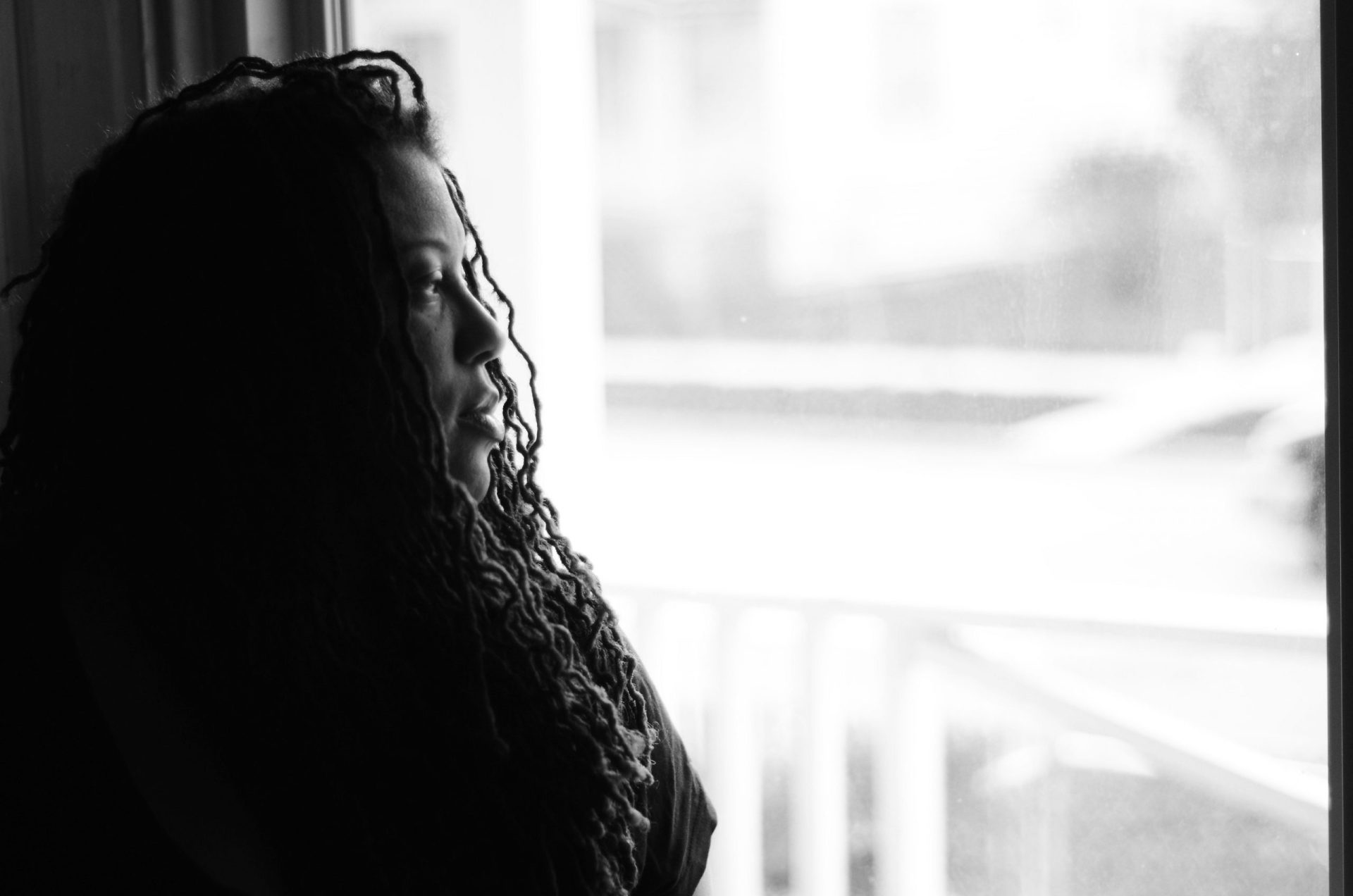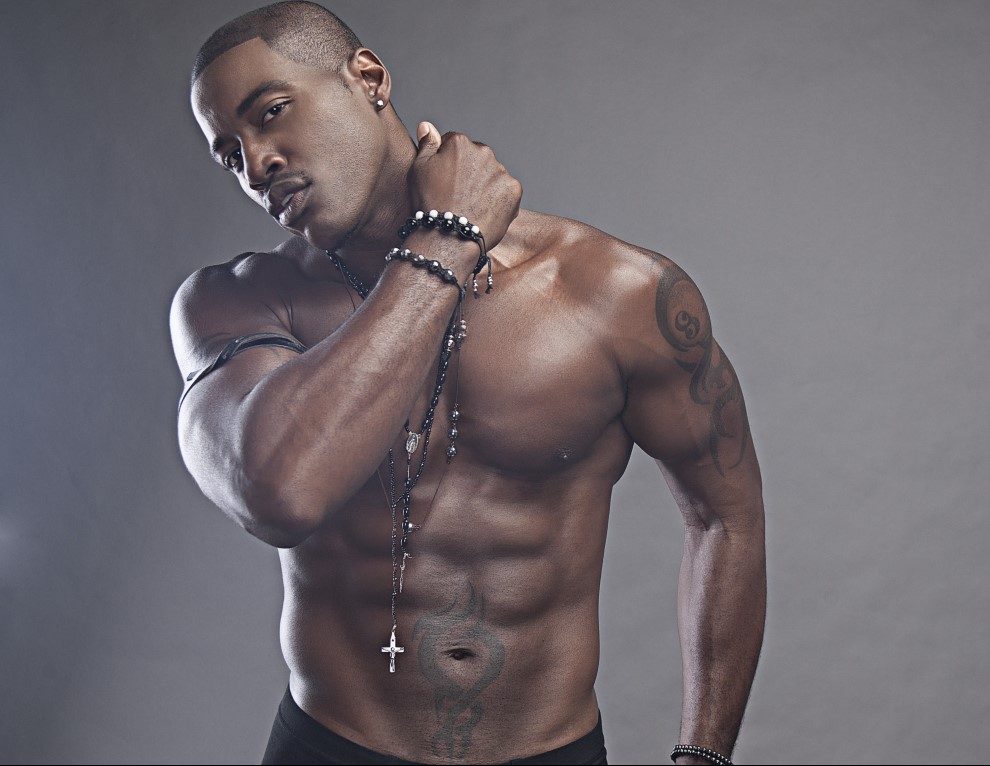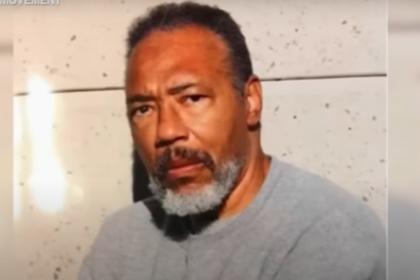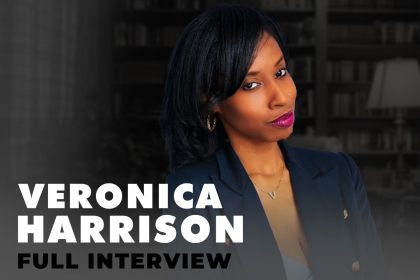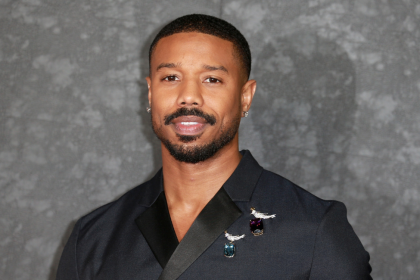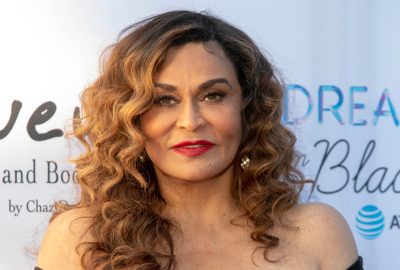 Nina Norstrom is passionate. She enjoys volunteering her time and championing many noteworthy causes. A native of Chicago and graduate of Concordia University, she has a real zest for life. If she’s not supporting causes like Susan Komen for a Cure, she supporting a fellow author at a book event. She’s so hard to catch up with, we couldn’t even get a picture of her for this book review. Read what she has to say about her life and new book, Not a Blueprint: It’s the Shoe Prints That Matter:A Journey Through Toxic Relationships.
Nina Norstrom is passionate. She enjoys volunteering her time and championing many noteworthy causes. A native of Chicago and graduate of Concordia University, she has a real zest for life. If she’s not supporting causes like Susan Komen for a Cure, she supporting a fellow author at a book event. She’s so hard to catch up with, we couldn’t even get a picture of her for this book review. Read what she has to say about her life and new book, Not a Blueprint: It’s the Shoe Prints That Matter:A Journey Through Toxic Relationships.
What inspired you to write your first book?
It was not my intentions to be neither a writer nor an author. It was all about journaling. About trying to make sense of those toxic relationships and to define where I was in life.
For over 24 years, my life journey of living with tainted and damaging relationships were deep-seated, raw, and buried inside. It spanned from my role as a mistress to letting go of my religious beliefs.
The toxicity of those unhealthy relationships crippled by ability to function, and the writing eased my emotional pain, nurtured those wounds that had taken over my body and helped to find a safe haven … [from] the dark world I was in.
I was broken and messed up, I was tore up to the floor up, whacked and zoned out. I was crazed and had literally loss my mind. Through it all, I felt suffocated by the toxicants. That poison had taken control, the emotions running wild, anger, guilt, hatred, rage, and depression; the disease coming and going, coming and going, coming and going; and all that other stuff getting in the way. Life is so full of stuff (the good, the bad, and the ugly).
Yelp! I was known as the crazy lady on the job. But who wouldn’t be crazed from the raft of toxicity. Mentally, it took years of recovery. After undergoing heavy rounds of therapeutic work (one-on-one sessions), groups, and writing therapies, I’m in a better place mentally, emotionally, physically and spiritually. And that’s most important.
Ultimately, therapy writing was a way to expressively break through those barriers and release the toxicants. It became a “physical wound healing relationship.” The manner in which I share the journey is evidence and will shed light on how I needed to find a “healing medium.”
Do you have a specific writing style?
I like writing as though I’m speaking directly to a reader. So when reading it appears we are in the same space having a one-on-one conversation.
What books have most impacted your life (or life as an author)?
I enjoy and embrace reading books that are true to life. Those are books that speak to one’s personal journey through life.
What books are you currently reading? Why this author?
1) I Want to Tell You by O.J. Simpson
2) Comeback – A Mother and Daughter’s Journey Through Hell & Back by Claire Fontaine and Mia Fontaine; and
3) To Dance with White Dog by Terry Kay.
Simply ‘cause I embrace reading true stories. There is a journey behind those pages. I’m always fascinated by one’s personal story.
What new authors have piqued your interest?
Well, I’m all for supporting any up-and-coming (writing) artists. And as my bio reveals, “When not reading or writing, you’ll find me supporting an author at their book event.”
If you had to do it all over again, would you change anything about your latest work?
I’d like to place a “Who’s Who” listing in the back matter for reference, to keep track of characters . . . and their role represented. And on the front cover, I’d like a bit of text scrolled out over the shoe prints (faintly written) to read: emotions – diseases – people – work environment – rage – anger – depression. I think that would’ve added a more profound impact to the cover.
Is there anything you find particularly challenging about writing or coming up with a concept for your book?
Nowadays, life is full of stories. One just decides which of the stories he/she chooses to work from, with everything that’s happening in the world. The challenge would be writing effectively to keep the readers in the moment. Creating those scenes that speaks to “show me moments” versus the “tell me ones.”
The challenge may surface when one has to write about something that’s very painful. Whereas, one would have to break through those raw emotions, just to get it on paper.
What was the hardest part of completing this project?
Those raw emotions I spoke of earlier. Well, they surfaced for me while writing to reveal parts of our story. At times, it was extremely painful to go back and relive the moments.
What advice would you give other writers?
1) Be true to your profession; 3) Be willing to pump out a lot of energy; 3) keep your journal full of thoughts and ideas; 4) be a reader yourself; and write, write, write;
Describe the process of getting published.
First and foremost, do your research. Read up on sites like: Preditors & Editors; Small Publishers – absolutewrite.com; Vanity Publishing and others.
Have a completely finished and polished manuscript.
Some writers may prepare a query letter or proposal. Query letter: all about ones’ purpose to convince someone to take on project. Proposal usually consists of a few chapters (shows writing sample), along with a synopsis.
Seek out publishers (if you have an agent, he/she will solicit for publisher).
Writer selects publisher of choice.
Writer submits work according to publisher’s guidelines.
The copyrighting, editing and proofreading processes begin.
And the beat goes on from there .
What were the literary, psychological and/or logistical challenges in bringing your work to life?
My challenge was finding my way back from the darkness into the light, and being able to regain my faith.
Everyone’s process for writing is different. Explain yours.
The story was told from a stance point of: a “remove-of-time” narrative (since Nina reflects on the past). The present-day Nina unfolds the story, learns from her mistakes, and is able to bring to light “the insights.” The past Nina doesn’t provide any insight or reflection, “in the moment.” The past Nina had to be fully developed (for readers) so the remove-of-time narration could flow with the story, and feel genuine (to the reader).
Please provide three good to know facts about you. Be creative. Tell us about your first job or the inspiration behind your writing.
1) My first job was working at Evans on State Street in Chicago, as a retail clerk; 2) I was once someone’s mistress; and 3) I was blessed to be someone’s mommy.
What is the mission you set out to accomplish with this book?
The mission was to unfold a story from the remove-of-time narrative style. I wanted the story to be most effective, as told. That way reader could readily follow the shoe prints being in the moment, with insight and feelings.
Who are the authors you reread and why?
There are no real favorites. I support many.
A great book has what in your opinion?
All the elements to grab your interest and keep you hooked. Theme: it means something; Characterization: well-developed and strong. Characters can make or break the plot; The Message: something of value. Every story should have a message of some sort; Gratifying Ending: reader leaves with good fill for having read story; and The Mechanics: story and characters fit well together (no matter how it’s played out).
What are the gifts of reading?
Reading helps to exercises the brain, by fueling the fires of intelligence and/or imagination. In most cases, can be an educational read. ‘Overall, it’s a lifetime of learning and enjoying.
There is so much going on in the world today and with each new experience erupting from life the existence of that experience must be told, as in one’s story.
It’s the literary side that shapes the existence of the new world as it develops daily (if that makes any sense). More and more readers are stepping out and coming forward in this new world. And it keeps the authors busy with pumping out their stories.


